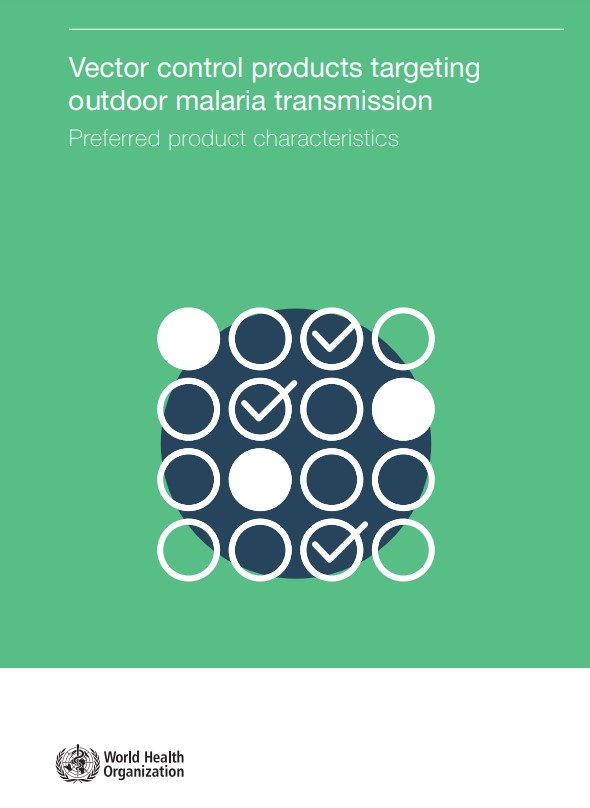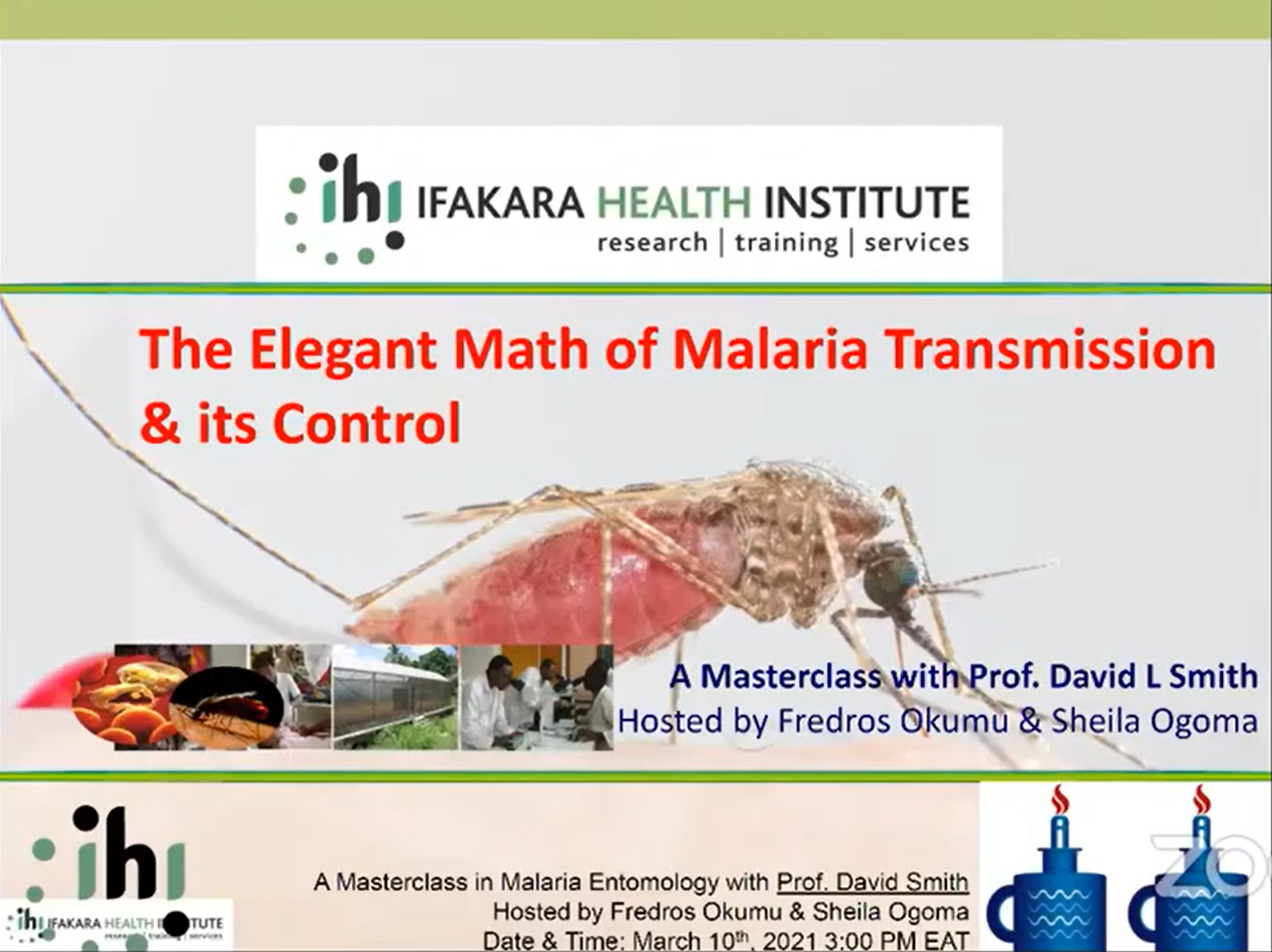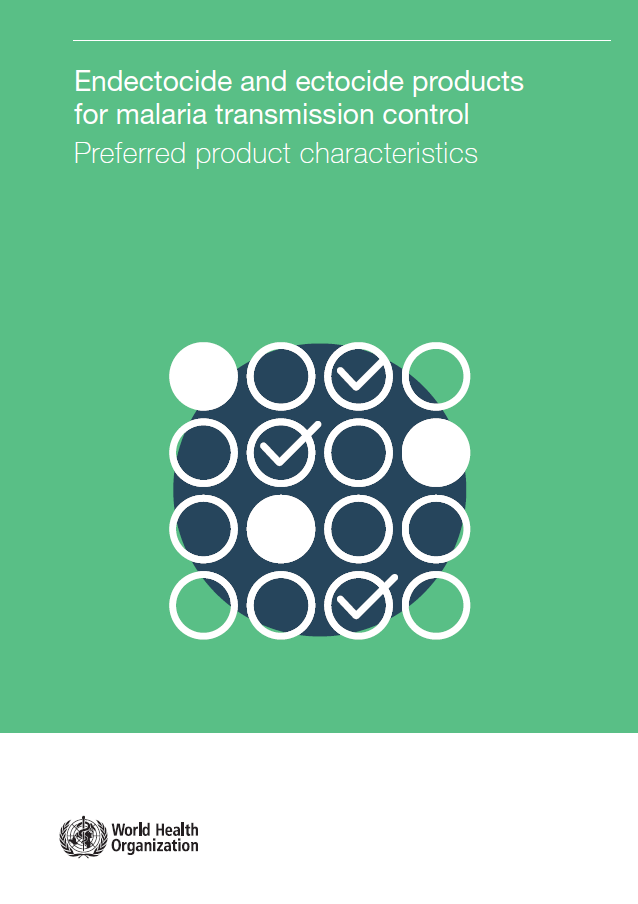Last Updated: 20/08/2024
Systems biology approach on the transmission of asymptomatic malaria infection toward malaria eradication in tropical Africa
Objectives
*Original title and text were machine translated from Japanese.
In this study, a prospective cohort was set up in the Lake Victoria region of Kenya, which encompasses a diverse range of endemic environments, to understand infection and onset in a spatiotemporal manner, as well as environmental, vector, and socio-economic factors and the eco-epidemiological risk of subdetectable infections was assessed.
One of the biggest barriers to current malaria control lies in residual transmission due to asymptomatic, submicroscopically detectable infections. Furthermore, this project aims to gain an integrated understanding of the remaining transmission through the exploration of the protozoan genetic factors that determine these infections, as well as the analysis of human-derived mosquito attractants that change vector mosquito blood-feeding behavior and enable efficient transmission. The research results obtained will contribute to the development of new malaria control strategies through the control of asymptomatic infection.
Oct 2022 — Mar 2026
$149,565


